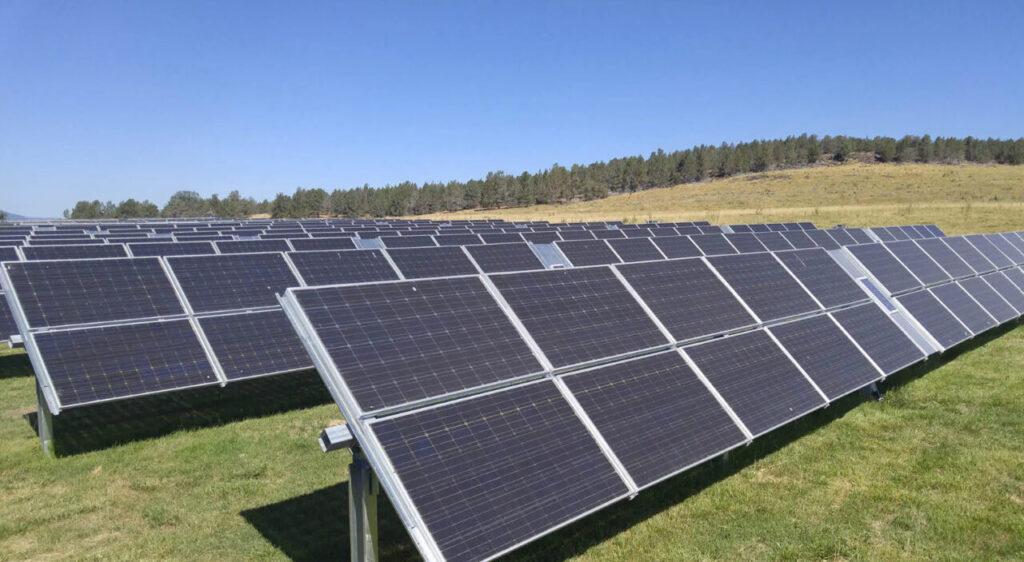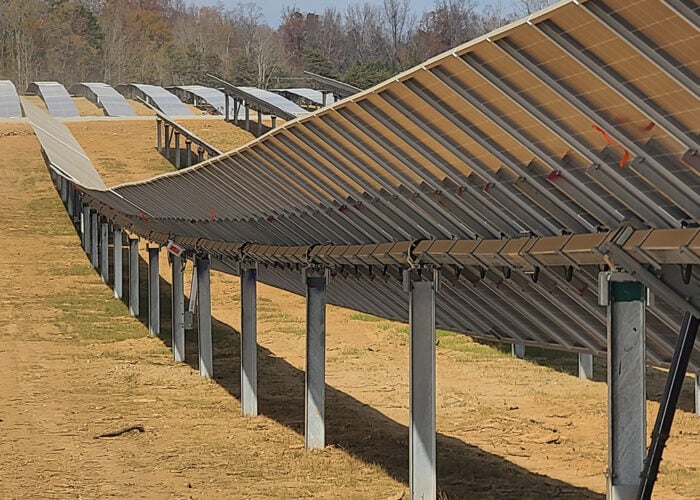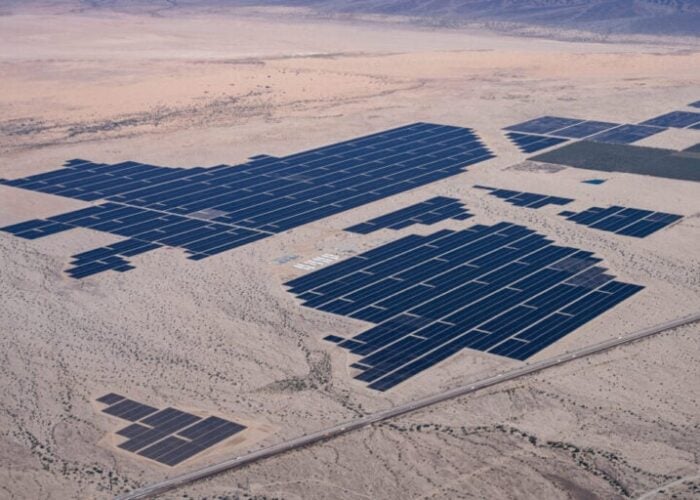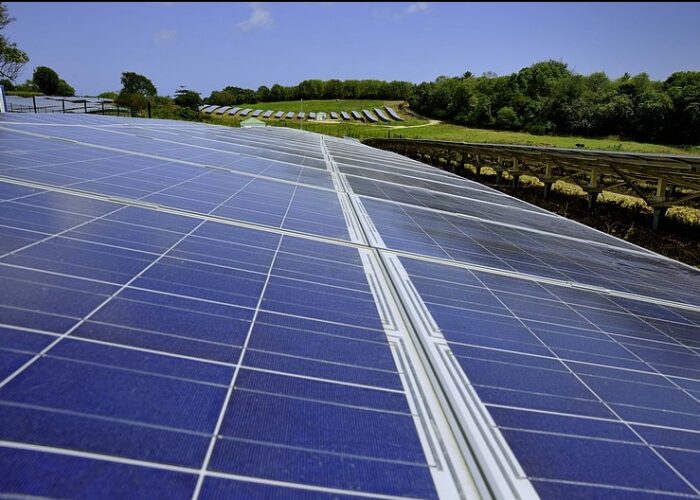
US module manufacturer Silfab Solar has launched its Utility NTC 620-640 XL series of n-type modules, which boast a power conversion efficiency of 23%.
The bifacial modules are designed for use in the utility-scale sector, and the company notes that they could be of particular use in “low-light” environments. In such environments, the NTC range of modules generates 2.3% more electricity than “industry standard” panels, and boasts a degradation rate seven percentage points better than the standard module after 25 years of operation.
Unlock unlimited access for 12 whole months of distinctive global analysis
Photovoltaics International is now included.
- Regular insight and analysis of the industry’s biggest developments
- In-depth interviews with the industry’s leading figures
- Unlimited digital access to the PV Tech Power journal catalogue
- Unlimited digital access to the Photovoltaics International journal catalogue
- Access to more than 1,000 technical papers
- Discounts on Solar Media’s portfolio of events, in-person and virtual
“Silfab Solar continues to expand and innovate to meet demands of customers who seek high-quality, high-efficiency PV solar panels that are made in America,” said Paolo Maccario, Silfab president and CEO, of the new product launch.
The company will showcase a number of its products at this week’s RE+ event in California, including a prototype panel that includes an interdigitated back-contact (IBC) cell, a technology that Radovan Kopecek called a potential “next big thing” in a paper published on PV Tech Premium last year. This focus on the US market follows growing attention being paid to the US sector, with a number of companies investing in US manufacturing in particular.
Silfab Solar itself has already announced plans to build a cell manufacturing plant in South Carolina, as it looks to scale up its US production capacity to 2GW of cells and 1.2GW of modules. More recently, Swiss manufacturer Meyer Burger has started operations at its 600MW module production facility in Arizona, as an increasing number of manufacturers look to take advantage of tax credits offered under the Inflation Reduction Act (IRA).
However, last month Meyer Burger scrapped cell production at a Colorado plant, claiming that the project was “no longer financially viable”, and demonstrating the challenges associated with scaling up solar product manufacturing in markets outside of China, where cells and modules can be produced at a much lower cost than in other jurisdictions.







